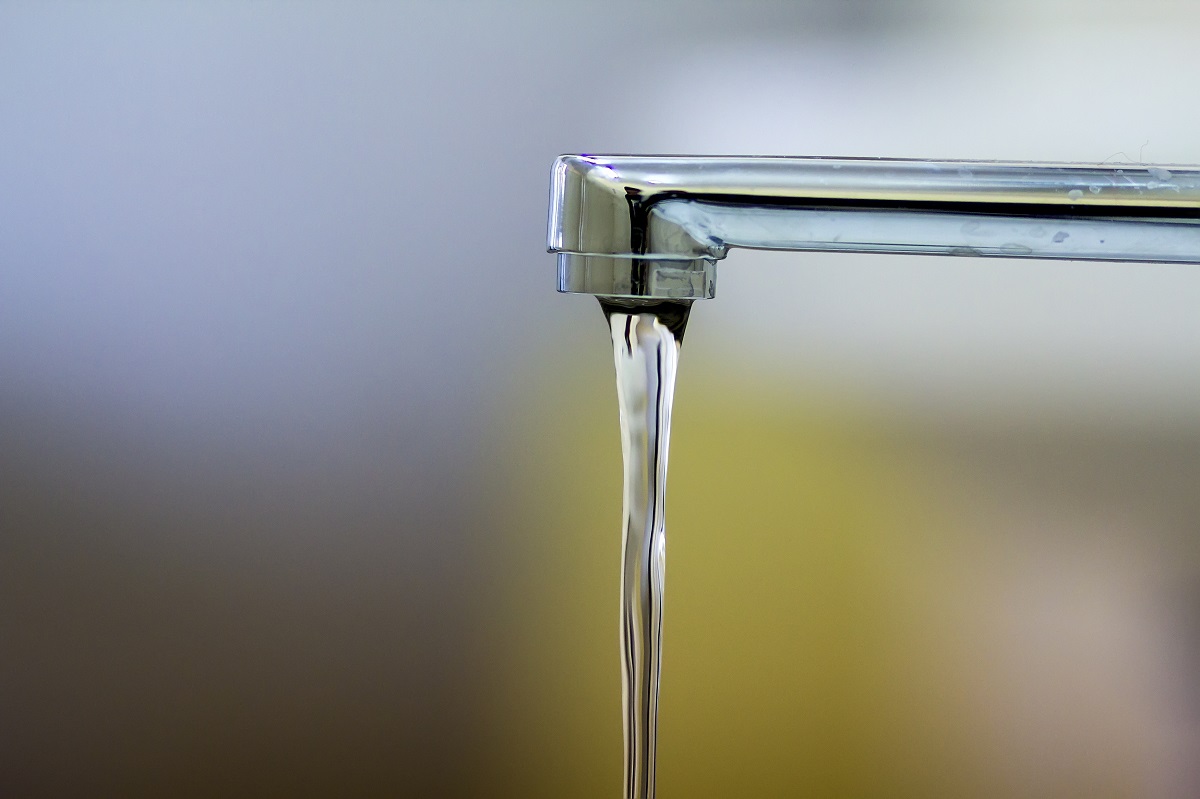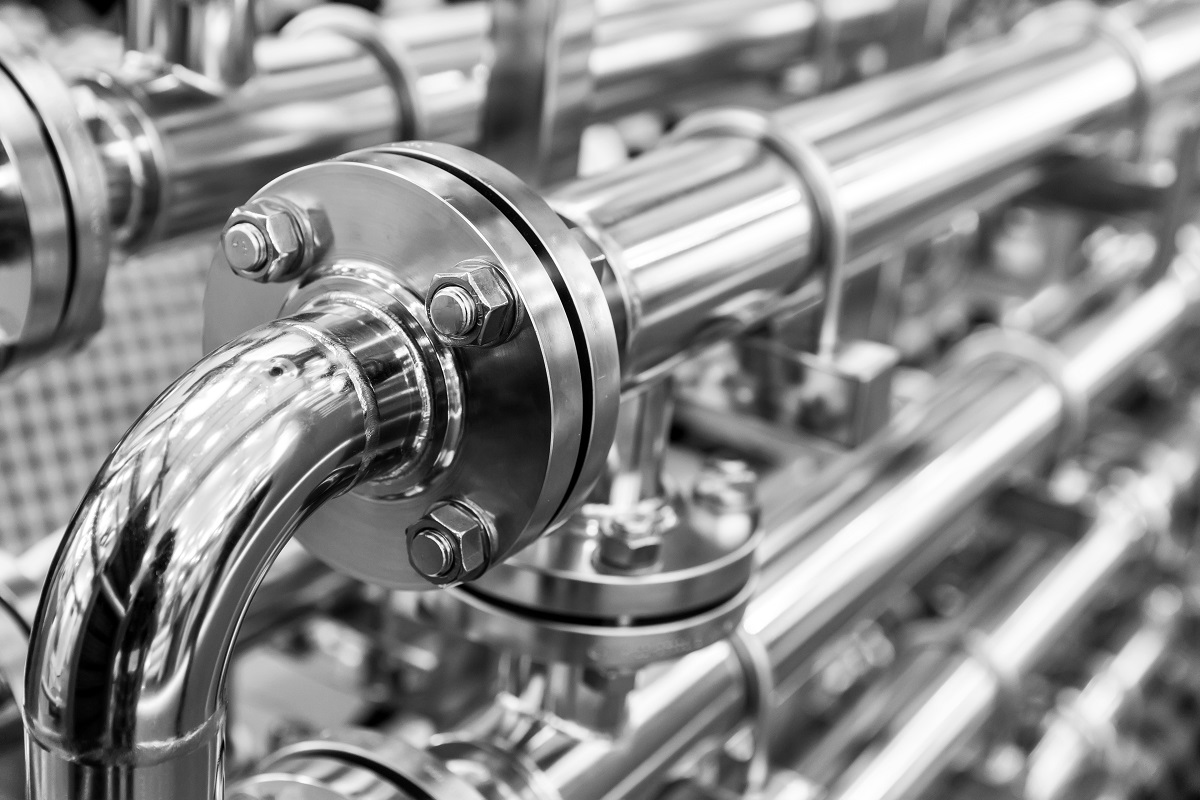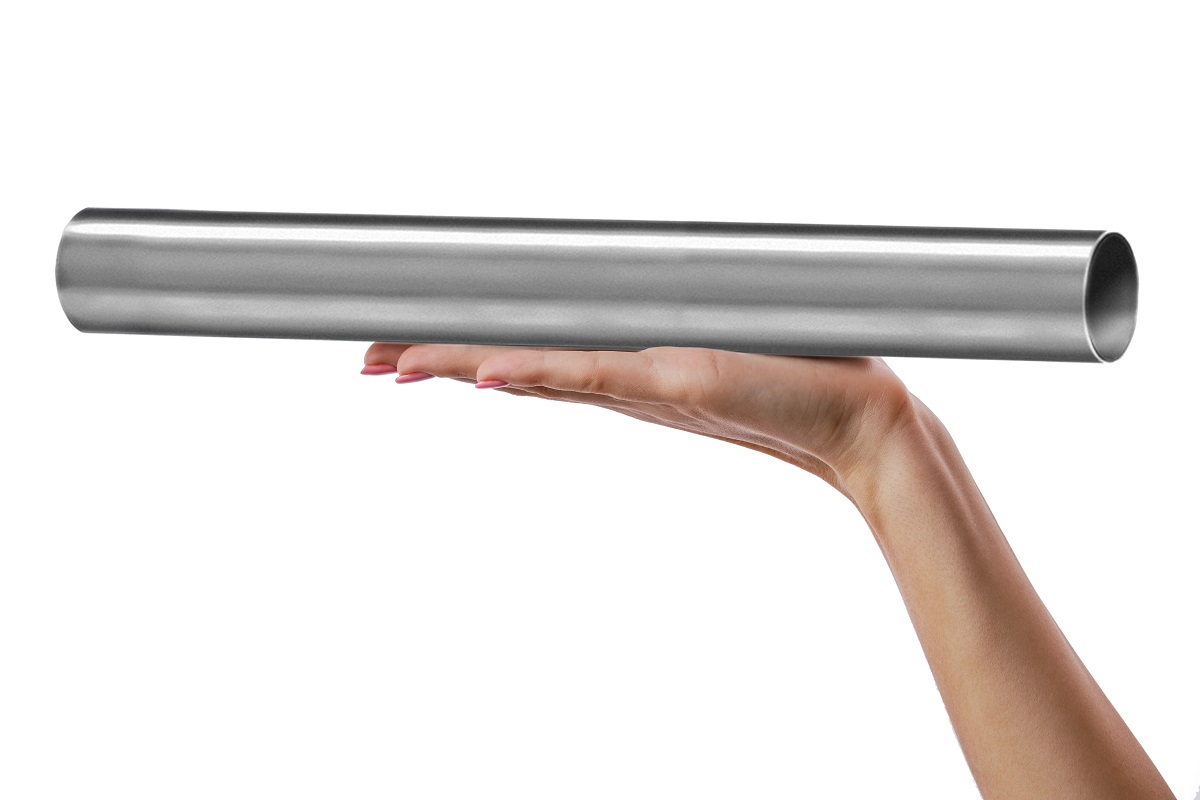
The Advantages of Steel Pipes in Plumbing Applications
What are the advantages of steel pipes in plumbing applications?
- Durable
- Prevents corrosion
- Easy installation
- Non-combustible
- Environmentally-friendly
A building’s plumbing system is crucial in delivering a consistent water supply. This resource provides water for different locations and uses — be it sinks, bathrooms, cooling/heating units, HVAC systems, and the like. All of these are made possible by components that allow water transmission such as pipes. However, while different piping materials may also be ideal, there are several advantages of the steel pipe in plumbing that make it the better choice for any kind of water supply system.
Compared to other materials, steel pipes are far more durable and long-lasting. When used in plumbing, the pipes are oftentimes coated with a protective zinc layer in a method called “galvanization”. This improves the material’s corrosion-resistant properties, allowing the pipes to be used in a number of plumbing applications. Continue reading to learn more.
Durable
With minimal care or maintenance, steel pipes can last for as much as 50 years as part of a plumbing system. This has several benefits. For one, you don’t have to turn towards time-consuming and expensive efforts in simply trying to maintain the quality of your pipes. Another benefit is that the water supply passing through steel pipes is free from any unwanted chemicals and substances that can render it unsafe for drinking.
Durable steel pipes won’t form any cracks, even if they’re exposed in high pressure and high-temperature environments. This ensures that the building consistently receives good water pressure, no matter where the supply is being used. The pipes also won’t be prone to damage — there won’t be any leakages that can cause water bills to skyrocket.
Prevents Corrosion

Corroded pipes are one of the main causes of dirty water supply for a building’s plumbing. This is easily spotted when you turn on the tap, for example. Instead of clear, filtered water from the main filtration plant from your location, you’ll spot brownish, almost murky water that won’t be safe for use.
To prevent this situation from happening, homeowners and building owners have learned to optimize their plumbing systems and use corrosion-resistant steel pipes. As mentioned before, steel pipes will usually undergo the galvanizing method so that the pipe’s inner walls won’t chemically react to the content of fluid passing through it.
Non-corrosive pipes also reduce the need for pipe-cleaning. Calcium deposits are less likely to build up inside the pipes, allowing a building to use the water supply for a long period.
Easy Installation
Steel pipes are extremely malleable, meaning that they can be formed into a shape in order to meet your plumbing requirements. They can also come in various sizes, such as a ½, ¾, or 1-inch pipe.
With this in mind, you won’t have trouble installing new steel pipes in order to replace old ones. Steel pipes can be bent using different techniques to create a seamless pipe that has uniform wall thickness and will experience only negligible changes in pressure.
Fitting bent pipes with your existing plumbing network won’t be difficult due to their malleability. You could also add your choice of pipe fittings in order to redirect the flow of fluids or join multiple pipes together.
Non-Combustible

Poorly-installed or substandard pipes can be a potential cause of fire damage in any plumbing system. For example, when there is a leak in the pipe, the fluid may come into contact with an electrical wire that can cause the spark for the fire. However, this dangerous situation can altogether be avoided by using steel pipes that are non-combustible and have an excellent fire rating.
Steel has a melting point that can range anywhere from 1370 up to 1500 degrees Celsius. This is a crucial consideration for buildings in the event that a fire emergency takes place. The steel pipes are nonetheless able to withstand the hot temperature since fires usually do not go beyond a temperature range of 800 degrees Celsius.
As a non-combustible material, steel pipes can help make buildings safer during such an emergency. The spread of the fire will only be limited to a small location, making it easier to be controlled and put out.
Environmentally-Friendly
Steel is an environmentally-friendly material due to the fact that its manufacturing process does not produce a great amount of waste. It can also be recycled multiple times without losing its original properties. In fact, many steel mills and manufacturing plants make use of only scrap and recycled steel for steel production of pipes, tubing, structural sections, sheet piles, plates, and many more.
If you’re thinking about minimizing your carbon footprint, then steel pipes are a great choice. Unlike other materials like PVC pipes, for example, steel does not release any harmful VOCs (Volatile Organic Compounds) that can cause damage to the environment.
Key Takeaway
As simple as the material is, the advantages of steel pipe in plumbing cannot be understated. It’s durable and long-lasting, making it a cost-effective option for all types of buildings. Aside from these, steel is also corrosion-resistant, environmentally-friendly, and non-combustible — you can guarantee that your plumbing is using only the safest materials for delivering a consistent water supply.
Looking for high-grade steel pipes for your plumbing? Supreme Pipe’s wide product selection can help you out. Click here to learn more! You may also get in touch with us for other inquiries.


